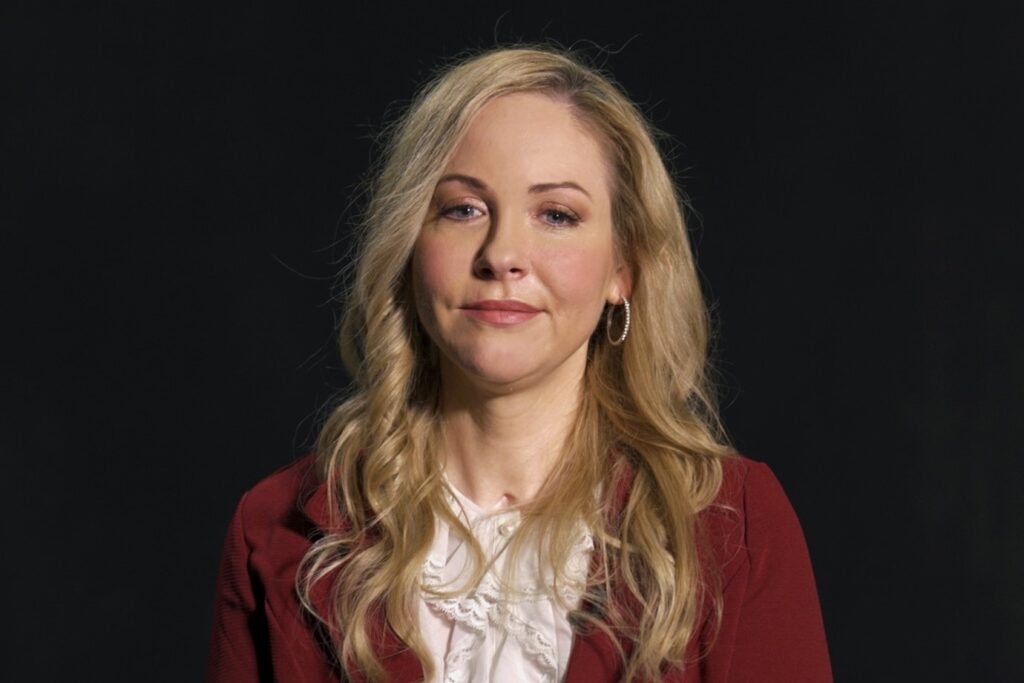Lisa Cox doesn’t remember the times she’s medically died, and she doesn’t remember going into or coming out of a coma. She does, however, remember the feeling of realising she’d been given a second chance at life.
“I was euphoric and remember not wanting to waste a moment of my time now that I had it back,” says Cox.
“I wanted to live a big, bold, audacious life. Create change and serve more people than just myself.”
Cox felt she had so much to do, write, and say, but she’d just come out of a coma and was struggling to speak or even hold a pen to write her own name.
“Lying on that public hospital bed, covered in tubes and surrounded by beeping machines, I knew I wanted to turn those wounds into wins,” she says.
Just a few months before this, she’d been successfully climbing the corporate ladder, held university degrees and was winning industry awards. Then, in 2005, she had a brain haemorrhage one morning while waiting to board a plane.
Cox spent a year in hospital undergoing surgeries, and for two months she was kept alive solely by machines.
While in hospital, she had her leg and nine fingertips amputated. She was also told she was now over 25 per cent blind and would have to spend the rest of her life in a wheelchair.
At first, Cox says she felt “devastated” to hear all of this but later realised that this deep sadness stemmed from “over 24 years worth of media stereotypes” in her head telling her she’d never get married, find meaningful employment or have a social life.
None of these stereotypes were true, of course, but Cox says that the thoughts made her realise that she might not be the only person out there with a disability who harboured these fears.
“I knew I couldn’t change what had happened to me– these disabilities were permanent,” she says. “But I could help to change the messaging from some of the world’s most powerful and influential industries.”
“Disability is not always tragic but the messages we receive about the disabled experience nearly always are,” she says, adding that this wasn’t something she was “prepared to simply accept” as she “wanted to be a part of changing it instead”.
It’s no doubt Cox has done just that as she’s now an internationally acclaimed disability advocate and thought leader driving change from within. As a speaker, author and executive producer, she aids businesses and industries in comprehending and incorporating disability inclusion into their practices and content.
Among a multitude of roles in the advocacy and business space, Cox is the founder and CEO of Muse Management, providing professionals with disabilities to industries that create systemic cultural change, shape social attitudes and shape behaviours.
“For years now, my team and I have been working with local and global brands, business allies and others who share this vision for change,” she says.
When it comes to creating a supportive workplace environment for people with disabilities to thrive, Cox says the answer lies in “visibility and consistent, authentic representation of disability”.
“Imagine if everyone got to realise that disability is so much more diverse than those same old narrow stereotypes,” she says.
“That is what advertising can do– as can marketing, media, film and so many other industries that make up our popular culture,” she says, adding that “it’s not a short-term fix, but it can be done.”
Cox shares more on the power of visibility for disability during her keynote session for Women’s Agenda’s new video app series, The Keynotes.
The Keynotes app shares “Mini Keynote” sessions and insights on leadership, equity, current affairs, climate and so much more. To watch Lisa Cox’s keynote as well as other sessions, sign up to the app here.


